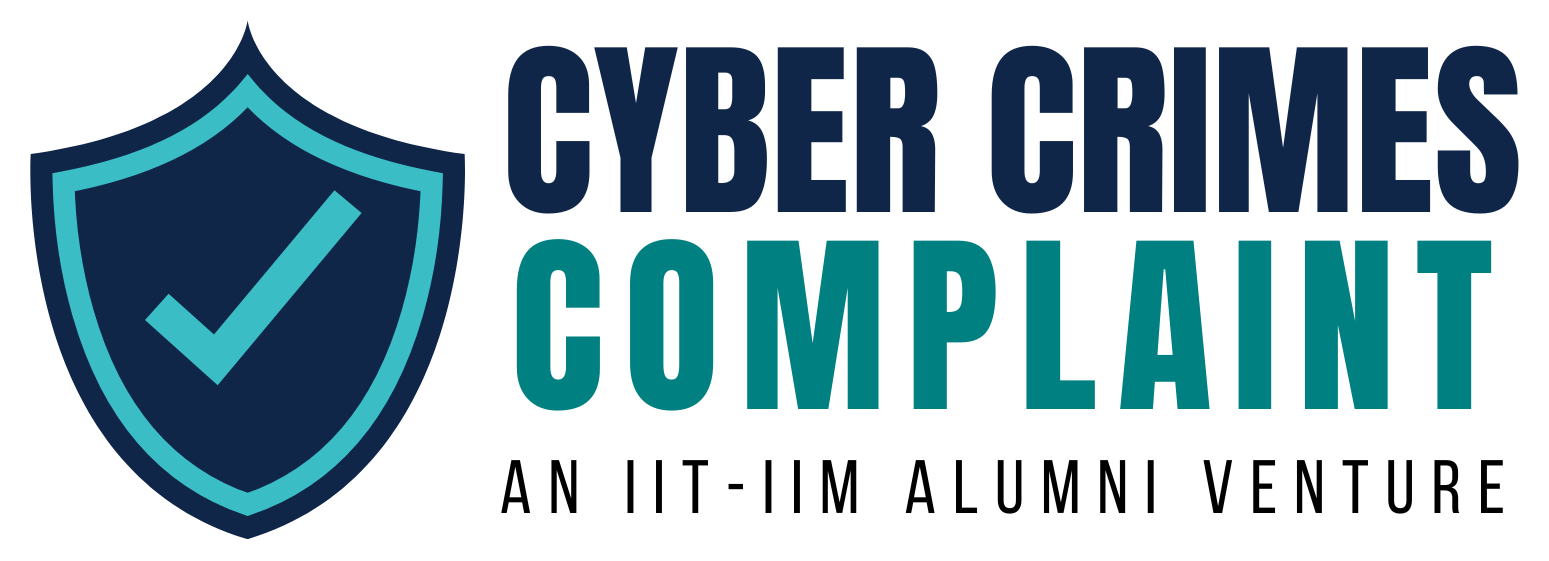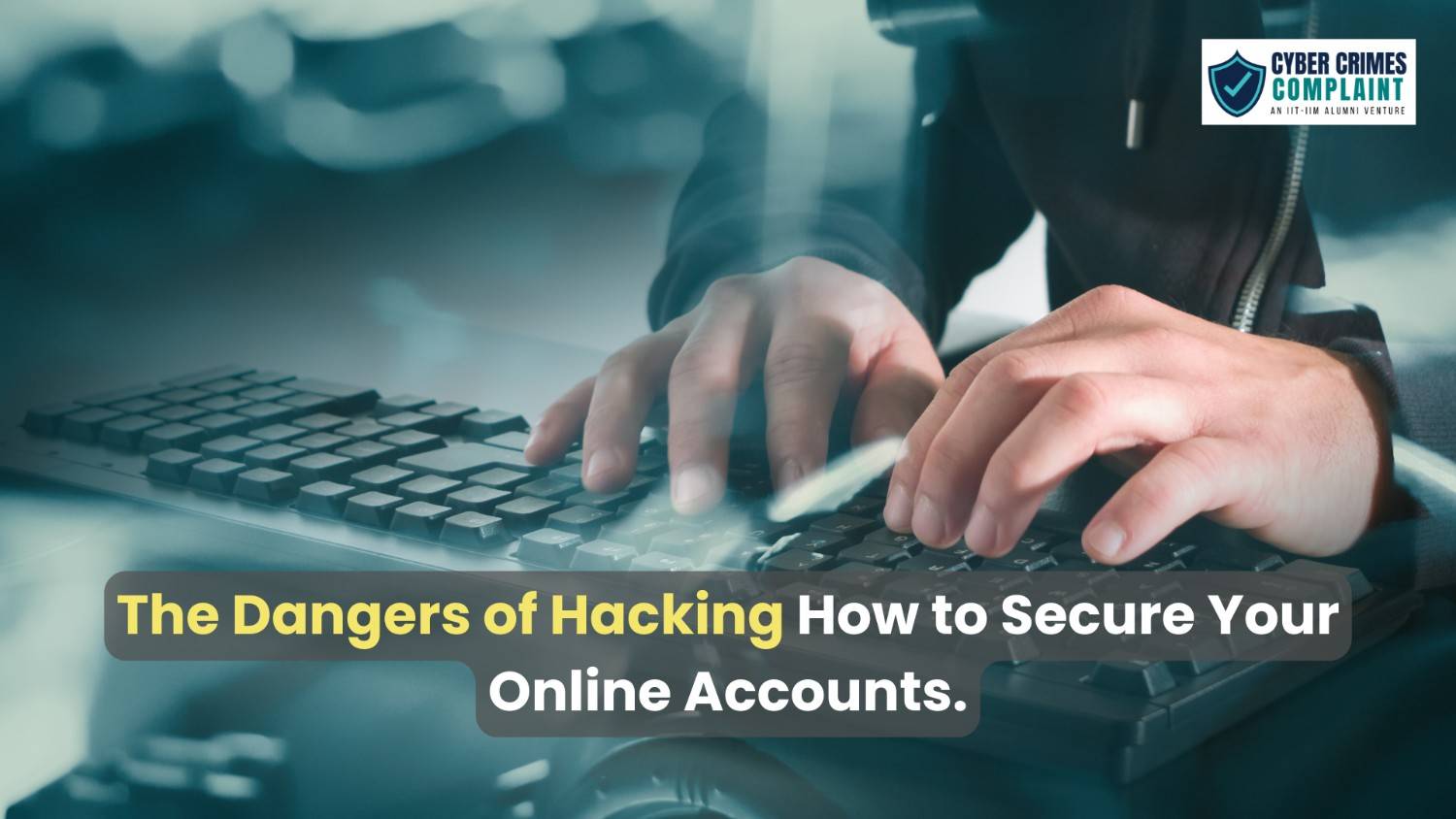· Online scams · 4 min read
Quick Action Against Online Scams: Your Guide to Avoiding Fraud
In the digital world, online scams are becoming increasingly common, preying on unsuspecting individuals through unsolicited messages and fraudulent offers. This guide explores the critical steps you can take to recognize and respond to these scams swiftly, protecting your personal information and finances. Learn how quick, informed action can make all the difference in navigating and overcoming the threats of online fraud.

In today’s digital age, it’s all too common to receive messages from unknown numbers on your mobile phone. As Indian phone users, we often click on these links out of curiosity, unaware that they could lead us straight into a scammer’s trap. Online scams are a growing threat, and many people remain unaware of how they operate or how to distinguish between legitimate and fraudulent messages.
The primary goal of online scams is either to steal your money or to gather your personal information for blackmail or identity theft. Understanding how these scams work and how to respond to them is crucial for safeguarding your finances and privacy.
Here are some key points to help you recognize and respond to scams effectively:
Unsolicited Contact: Be cautious of unsolicited emails, phone calls, or messages from unknown sources, especially those claiming that you have won a prize, owe money, or need to verify personal information urgently.
Too-Good-to-Be-True Offers: Scammers often lure victims with promises of high returns on investment with minimal risk. If an offer seems too good to be true, it probably is. These empty promises are designed to trick you into parting with your money.
Requests for Personal Information: Fraudsters may pose as representatives of financial institutions, asking for your bank account details, social security numbers, or passwords. Remember, legitimate banks and financial institutions will never ask for sensitive information via text, email, or phone.
Urgency and Pressure Tactics: Scammers often create a sense of urgency, pressuring you to act quickly before you have time to think. Instead of giving in, take a step back and question the situation. Reach out to the cyber security department, police, or your bank for assistance.
Public awareness about these issues is often lacking, which is why it is essential to educate yourself and others. Knowledge is the first line of defense against fraud. As responsible citizens, we must be aware of the laws, guidelines, and tactics that can protect us from these threats.
If you ever find yourself a victim of a scam, it’s crucial to report it to the authorities immediately. In some cases, you can contact your bank directly through their helpline or visit the nearest branch for assistance, especially if the scam involves a financial transaction.
Case Study:
Let’s take a look at a real-life example to illustrate how swift action can make a difference:
Mr. AB, an advocate, had a close friend, Mr. Kanth, who frequently received links from unknown numbers on his mobile. One day, while traveling separately to the same location, Mr. Kanth clicked on a link and noticed that four transactions totaling ₹45,000 had been made from his credit card account. Understanding that credit card transactions take at least 24 hours to settle, Mr. Kanth immediately called Mr. AB for help.
Mr. AB acted quickly, reporting the transactions to the bank, which has a robust reporting system in place. The bank promptly blocked the card and informed Mr. AB that they had traced the money. However, the funds would only be returned after a formal complaint was filed with the cyber police. After the complaint was lodged, Mr. Kanth received a new card, and within a week, the money was credited back to his account. The bank, however, reserved the right to reclaim the funds if evidence later emerged that the transactions were legitimate.
In this case, Mr. Kanth’s awareness and prompt action, combined with the legal guidance of Mr. AB, were key in recovering the lost funds. This example underscores the importance of staying vigilant and informed to protect yourself against online scams.
Conclusion:
By understanding the methods used by scammers and being aware of how to protect yourself, you can navigate the digital world with greater confidence. The points outlined above should equip you with the knowledge to identify potential scams and take swift, effective action to safeguard your personal information and financial security.



